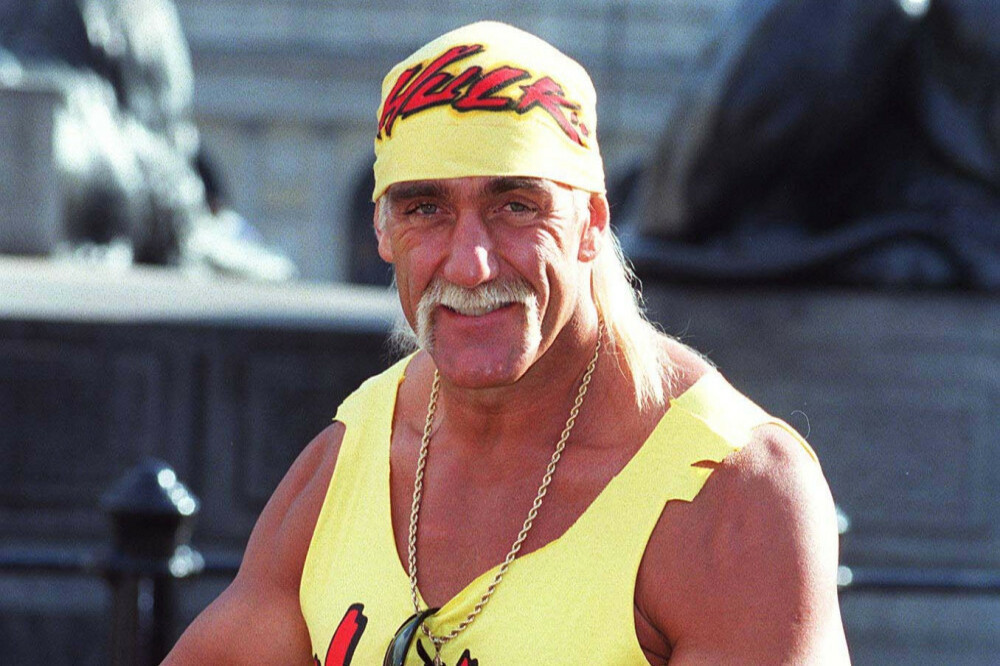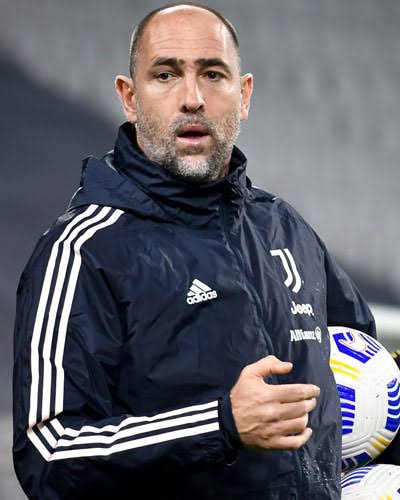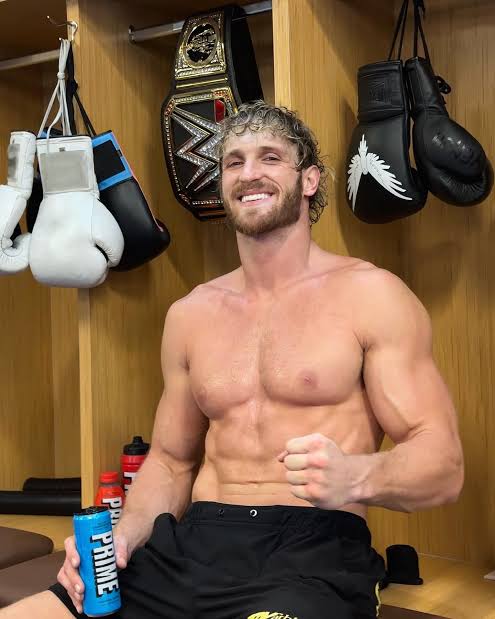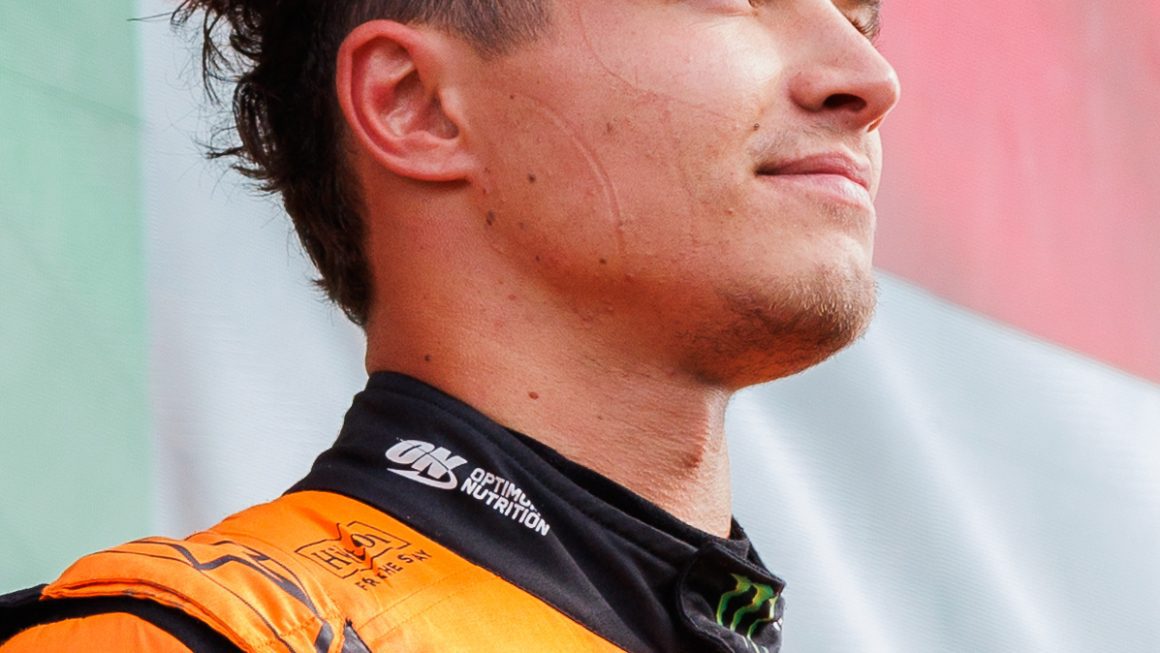Wrestling has lost one of its greatest legends. Hulk Hogan, the iconic WWE Hall of Famer, has died at the age of 71 following a cardiac arrest at his Clearwater, Florida home on Thursday, July 24, 2025.
Emergency services were dispatched around 9:51 a.m. after a 911 call. Multiple police vehicles and EMTs rushed to the scene, where Hogan — real name Terry Bollea — was taken from his home on a stretcher and transported to Morton Plant Hospital. Sadly, he was pronounced dead shortly after arrival.
WWE confirmed the heartbreaking news in an official statement:
“WWE is saddened to learn WWE Hall of Famer Hulk Hogan has passed away. One of pop culture’s most recognizable figures, Hogan helped WWE achieve global recognition in the 1980s. WWE extends its condolences to Hogan’s family, friends, and fans.”
Hogan had been battling health issues in recent months, especially after experiencing complications from cervical neck surgery in June. His longtime manager and friend Jimmy Hart previously revealed that Hogan was unable to speak and had been moved from the hospital to his home for recovery. Former WCW executive Eric Bischoff had also acknowledged the severity of Hogan’s post-surgery condition, though fans remained hopeful.
Born Terry Gene Bollea, Hogan became the face of professional wrestling during its golden era in the 1980s. After a breakout appearance as Thunderlips in Rocky III (1979), Hogan signed with WWF (now WWE) in 1983 and became a cultural phenomenon.
His rise to superstardom began on January 23, 1984, when he defeated The Iron Sheik at Madison Square Garden to win his first WWF World Heavyweight Championship — officially kickstarting the era of “Hulkamania.”
From there, Hogan became a household name, headlining the inaugural WrestleMania in 1985 alongside Mr. T, and later defeating Andre The Giant at WrestleMania III in front of a record-breaking crowd. His influence helped wrestling cross over into mainstream entertainment, solidifying WWE’s dominance.
In the mid-90s, Hogan made a bold career move by joining rival promotion WCW, where he transformed into a heel and formed the infamous nWo faction with Scott Hall and Kevin Nash. The group’s rebellious storyline helped WCW overtake WWE’s RAW in ratings for a historic 83-week run.
Hogan returned to WWE in 2002 and faced Dwayne “The Rock” Johnson at WrestleMania 18 — a match that is still considered one of the most electrifying moments in wrestling history.
Known for his charisma, unmatched popularity, and signature catchphrases like “Whatcha gonna do, brother?” Hulk Hogan was more than a wrestler — he was a global pop culture icon.
The wrestling world now mourns the loss of a true legend whose legacy will live on forever.





